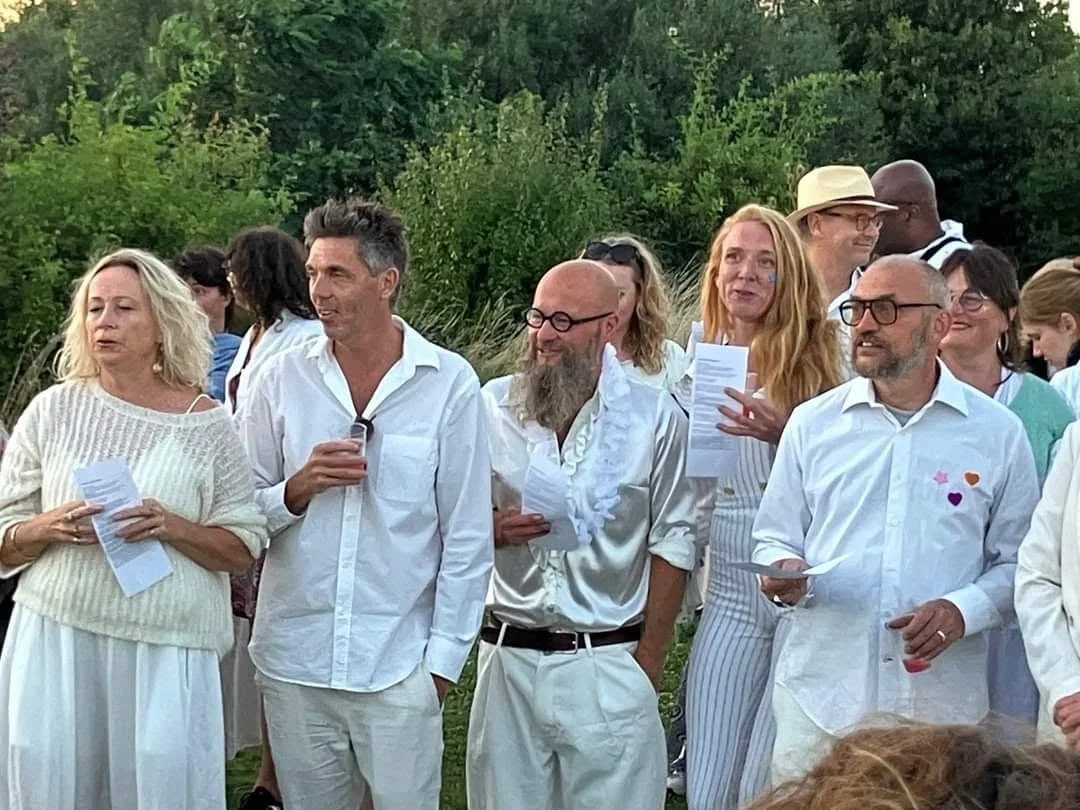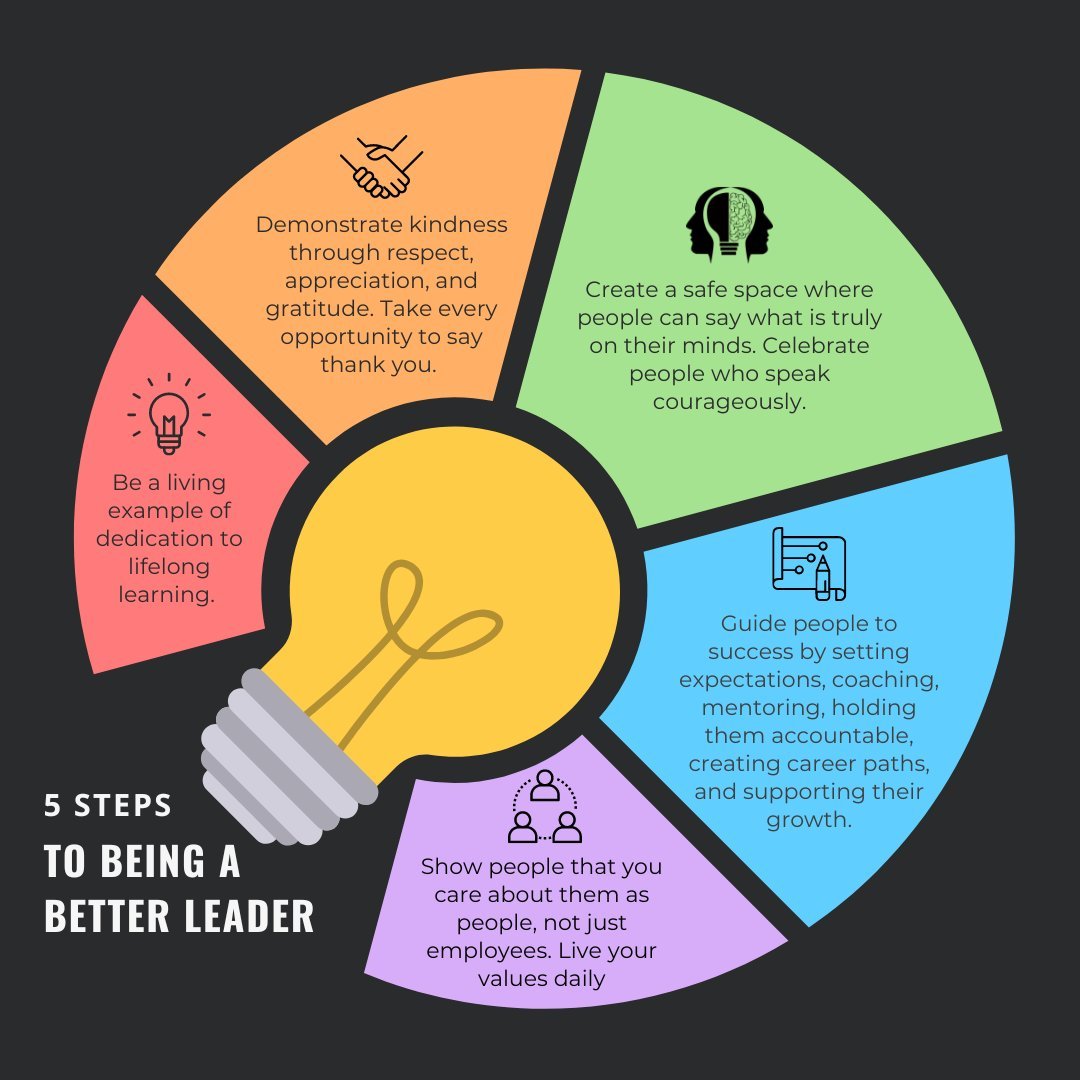What does DEI mean to me?
It means that no matter your race, religion, gender identity or expression, ability, age, background, or orientation, you should have the opportunity to contribute fully to society. The challenge is that while many organizations say hiring and promotion are based on merit and skills, biases often creep in. And when that happens, decisions fall back on “people like us.” That’s why I think DEI isn’t just a value, it’s the ongoing work of breaking those patterns and opening doors for everyone.










